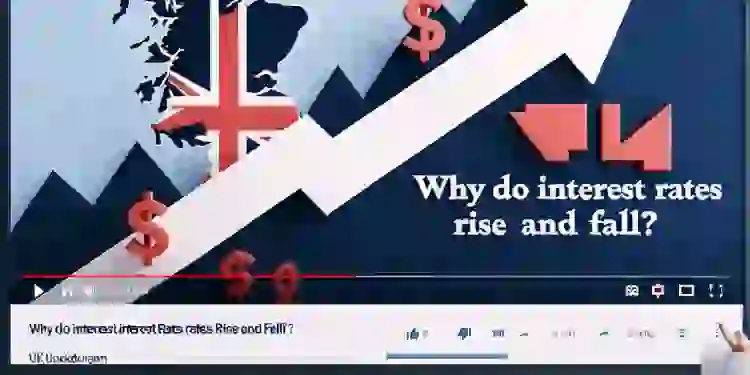
Find Help
More Items From Ergsy search
-
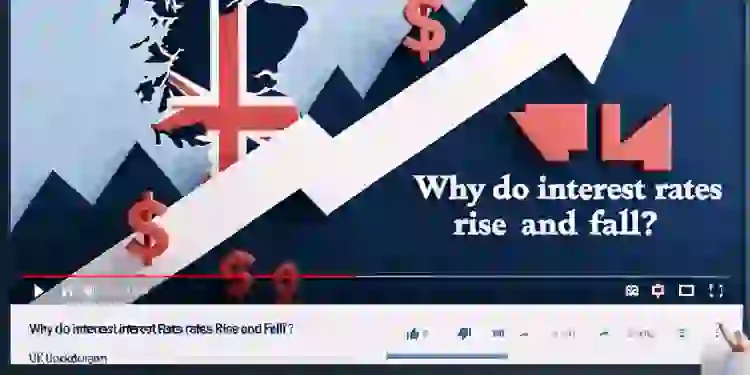
Why do interest rates rise and fall?
Relevance: 100%
-
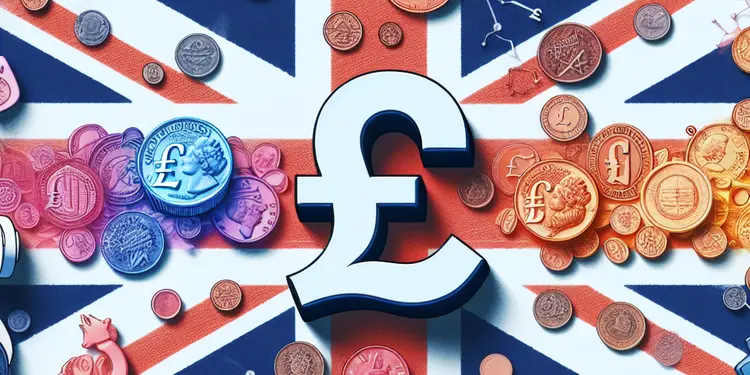
Can interest rates on student loans be reduced?
Relevance: 95%
-
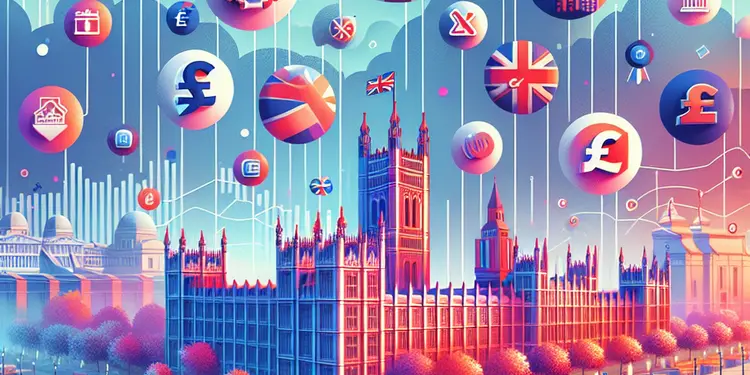
How do better interest rates help me save money?
Relevance: 92%
-
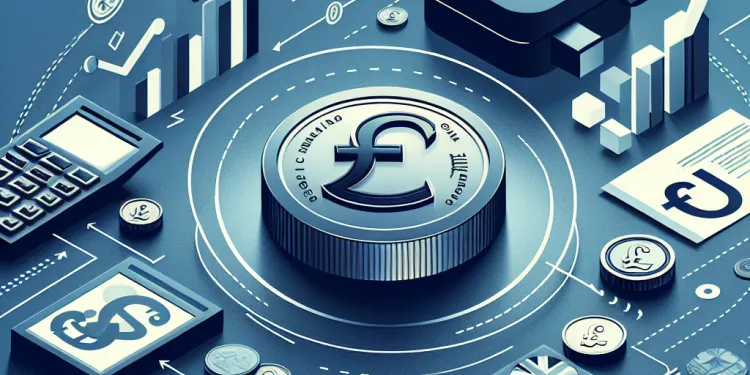
What happens to my monthly payments if interest rates rise?
Relevance: 92%
-
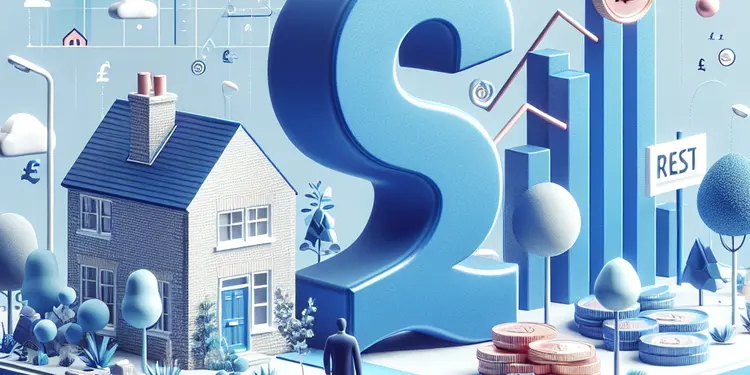
How do better interest rates help me save money?
Relevance: 92%
-
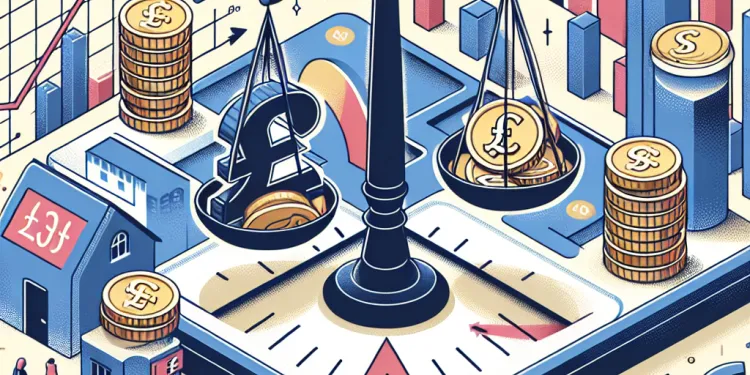
How do economic conditions influence interest rate changes?
Relevance: 92%
-
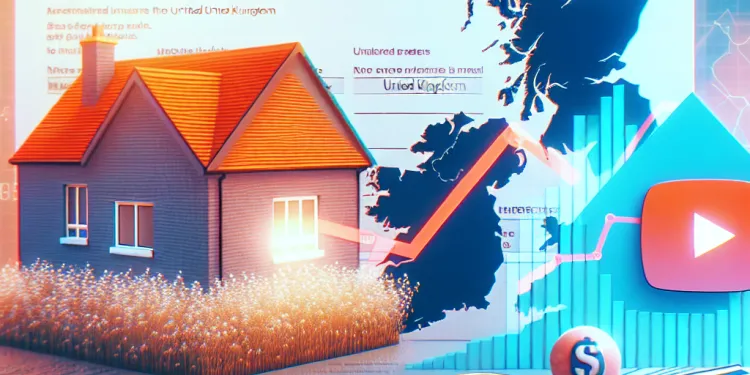
How do interest rate changes affect my mortgage payments?
Relevance: 92%
-
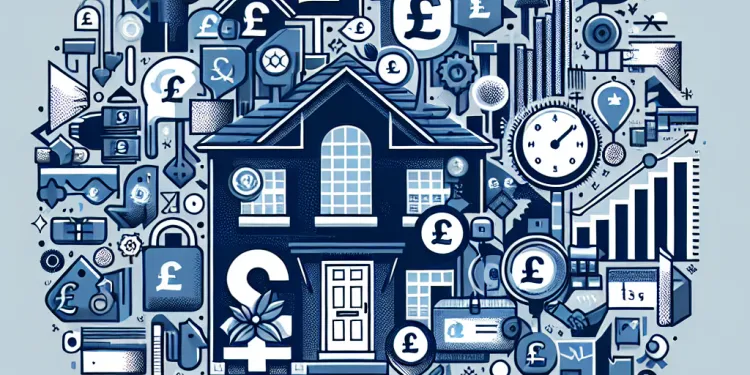
Are first-time buyers affected differently by interest rate changes?
Relevance: 91%
-
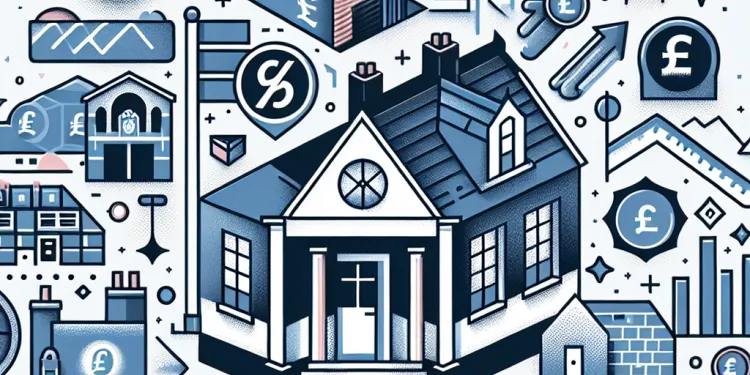
Can my lender change my interest rate without notification?
Relevance: 91%
-

How does interest rate affect my car finance agreement?
Relevance: 89%
-
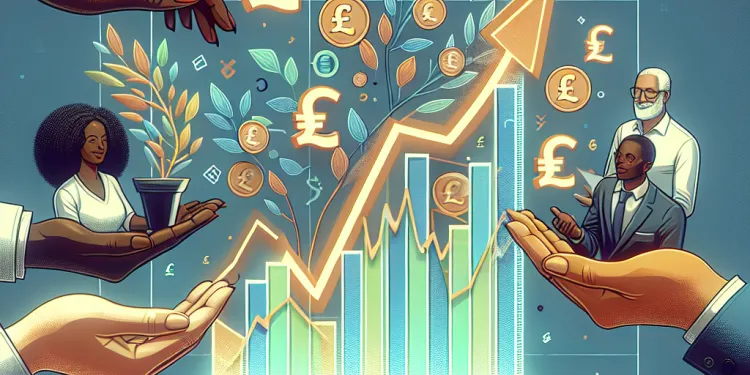
Major Banks Announce Changes in Interest Rates: Are You Affected?
Relevance: 88%
-

Will my fixed-rate mortgage payments change with interest rate fluctuations?
Relevance: 88%
-
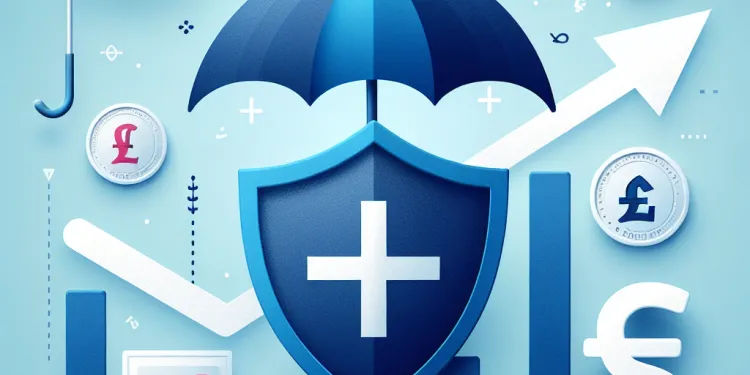
How can I protect myself from rising interest rates?
Relevance: 87%
-
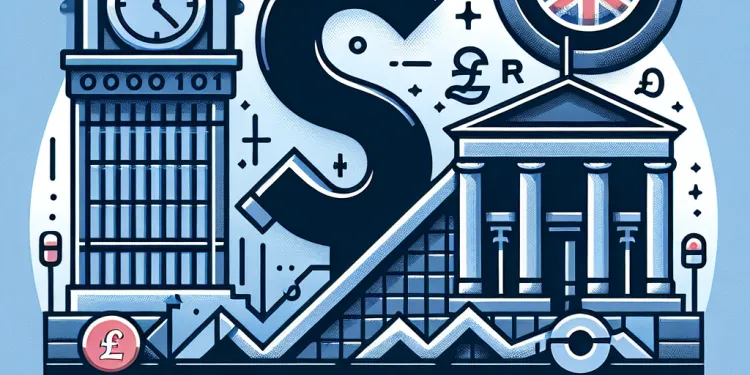
What is an SVR and how does it relate to interest rate changes?
Relevance: 83%
-
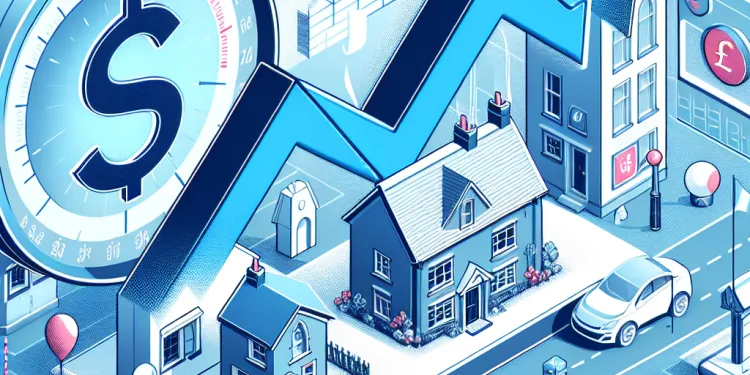
What is a tracker mortgage and how does it respond to interest rate changes?
Relevance: 83%
-
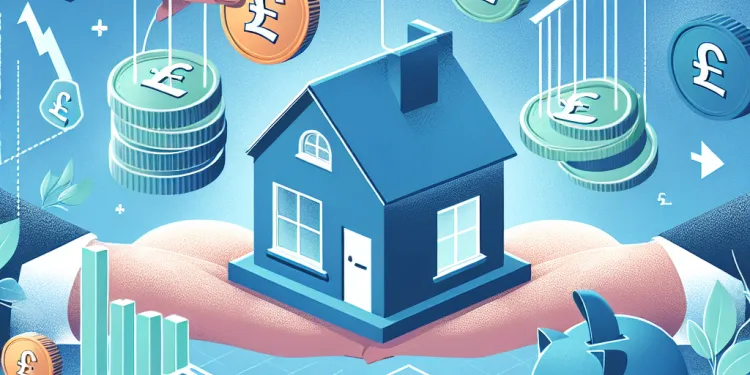
Is it possible to switch my mortgage type if interest rates become unfavourable?
Relevance: 82%
-
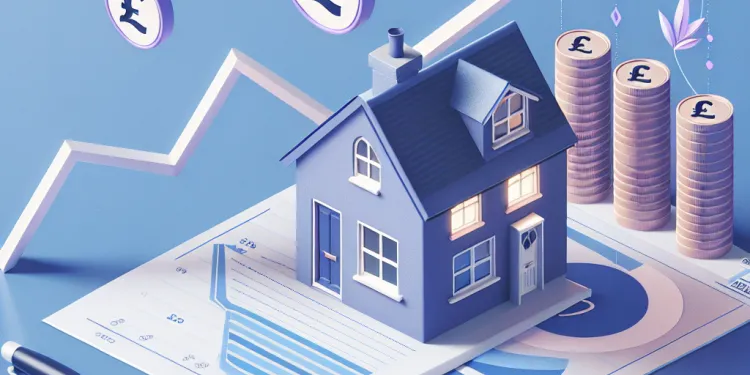
What should I do if I can't afford my mortgage payments due to rising interest rates?
Relevance: 78%
-
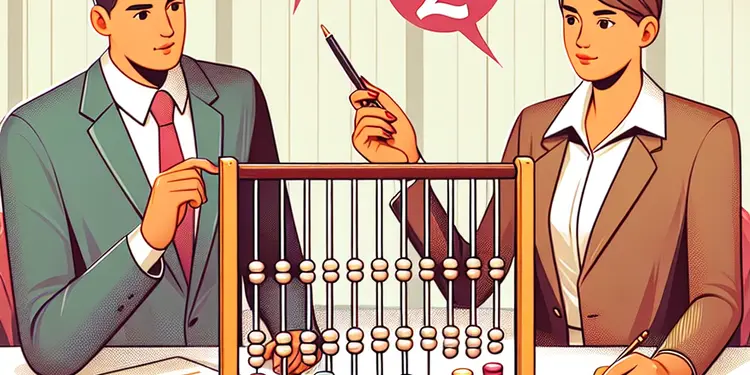
Is there any interest charged on a Time to Pay arrangement?
Relevance: 67%
-

What is an 'interest only' mortgage?
Relevance: 64%
-
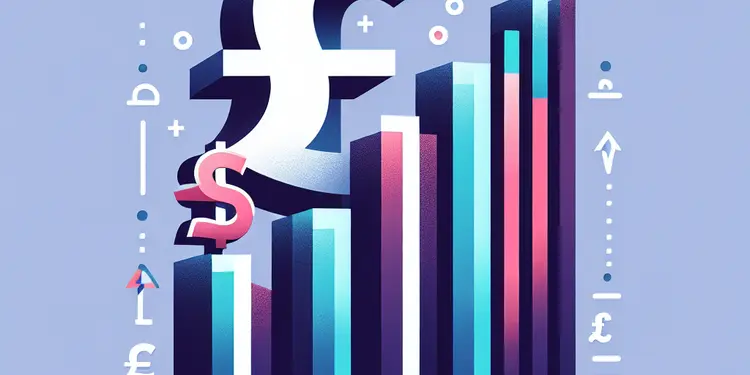
Will interest accrue during deferment?
Relevance: 64%
-
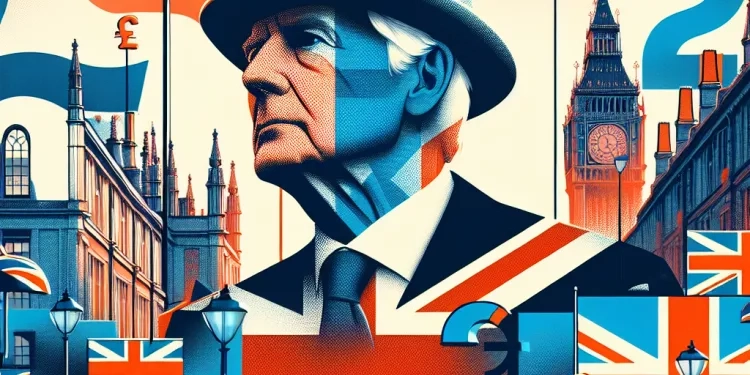
How often do interest rates change?
Relevance: 60%
-
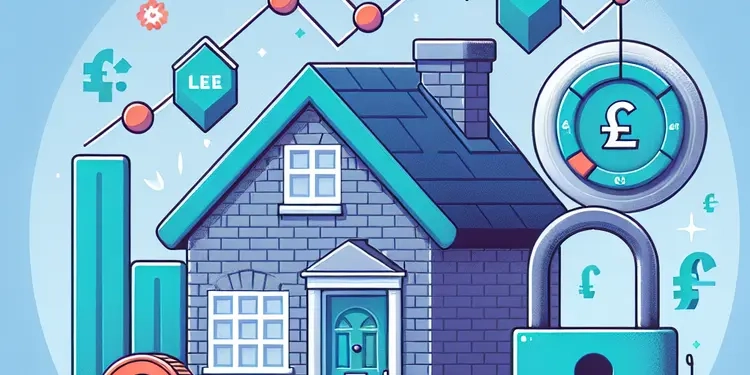
What does it mean to "Fix My Mortgage Rate"?
Relevance: 60%
-
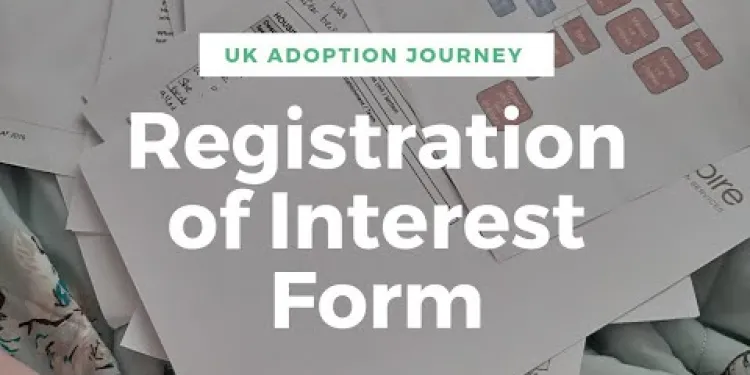
Registration of Interest Form | UK Adoption Journey
Relevance: 53%
-
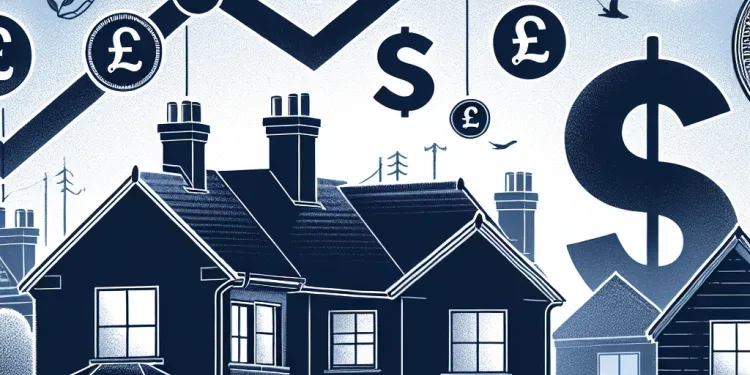
How do interest rate changes affect my mortgage balance?
Relevance: 52%
-
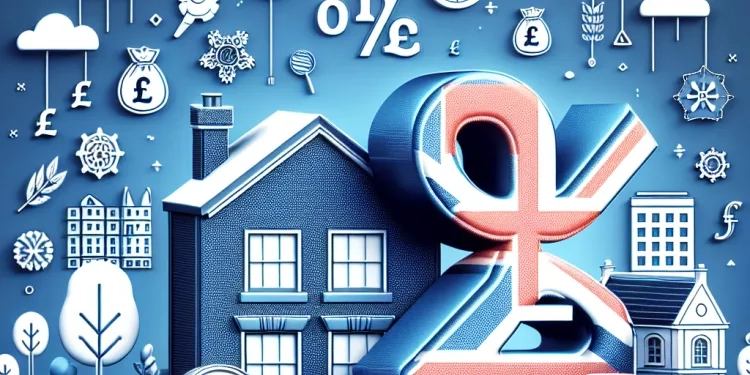
If I overpay on my mortgage, how will interest rate changes affect this?
Relevance: 52%
-
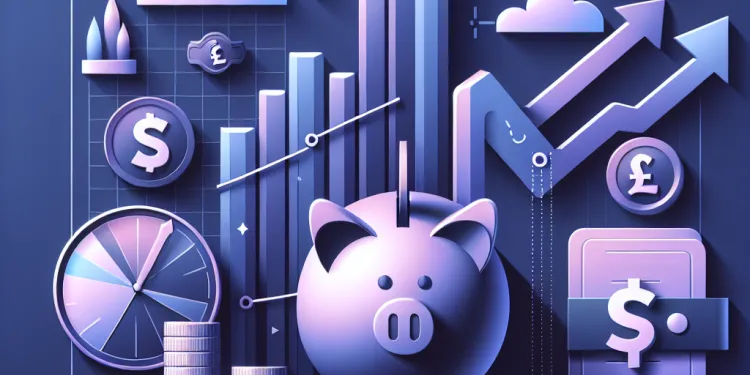
What is a realistic rate of return for an investment ISA?
Relevance: 51%
-
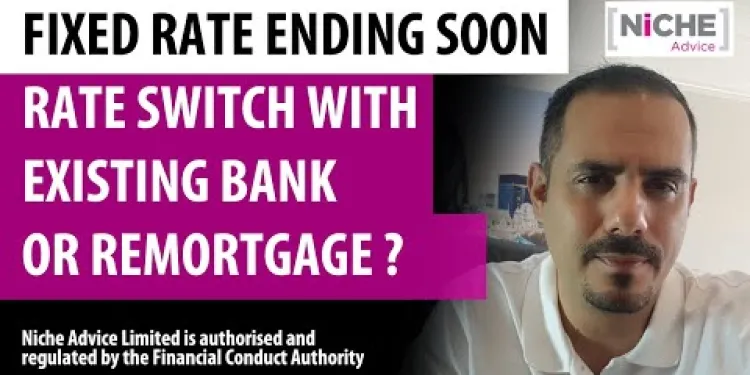
Product Transfer Rate Switch vs Remortgage What's Best
Relevance: 51%
-
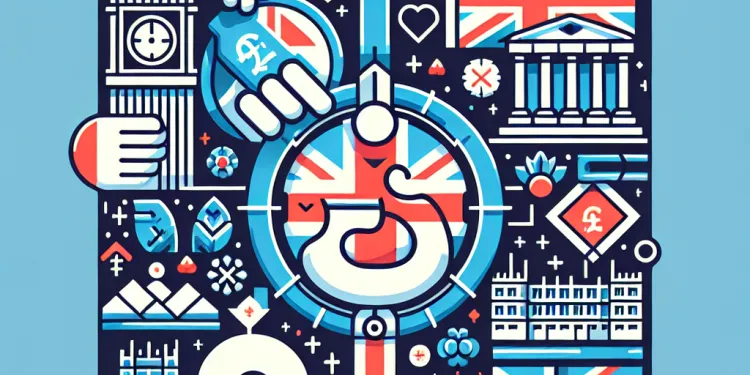
Are there different rates of Stamp Duty in the UK?
Relevance: 49%
-
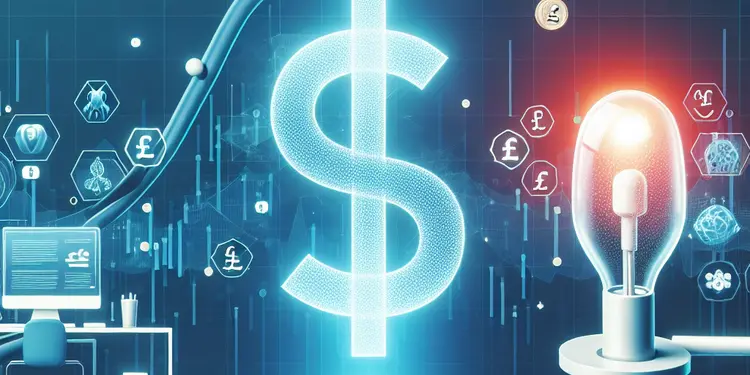
What are the success rates of Paillon treatment?
Relevance: 49%
-
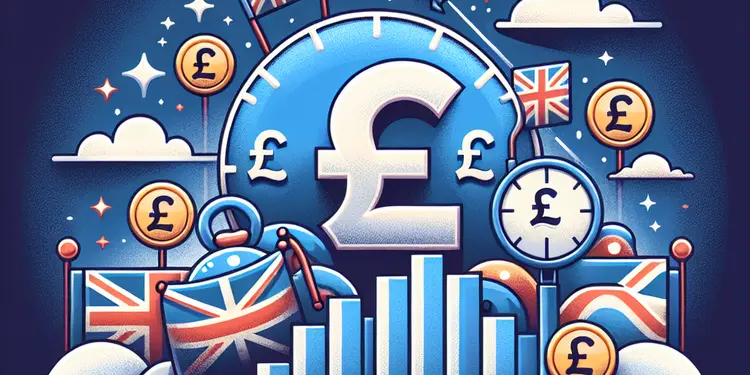
Interest Rate Hike: Bank of England's Response to Persisting Inflation
Relevance: 49%
-

Why are vaccination rates declining in the UK?
Relevance: 46%
-
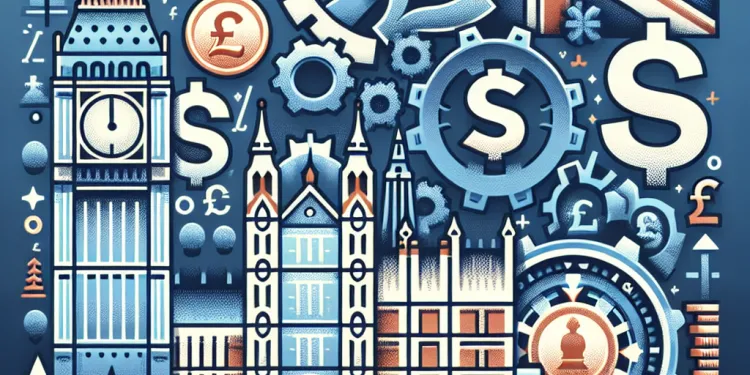
How often do wage rates change in the UK?
Relevance: 45%
-

What is the survival rate for bowel cancer?
Relevance: 45%
-
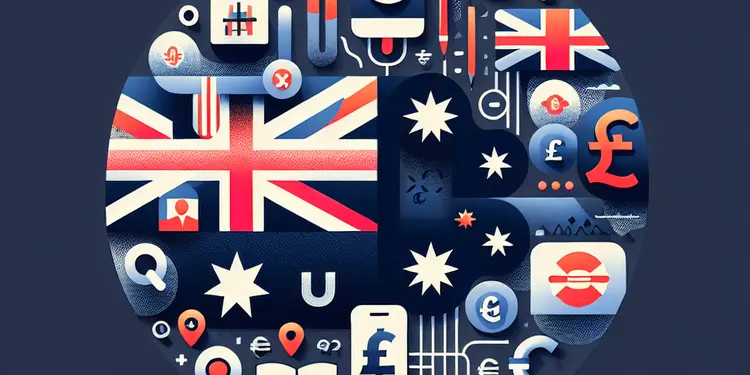
Is there any international interest in Australia's social media ban?
Relevance: 45%
-
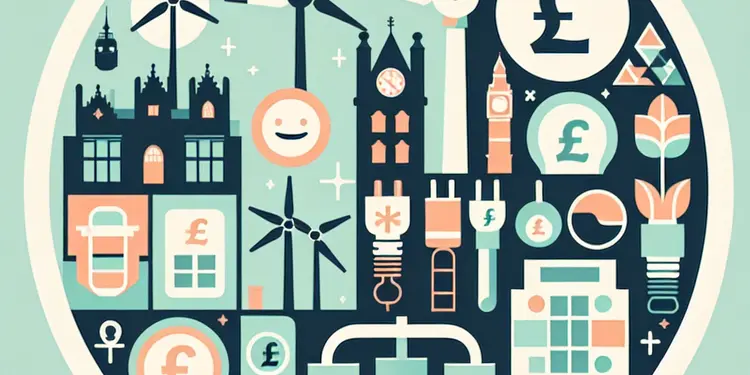
Can I negotiate rates with energy suppliers?
Relevance: 45%
-
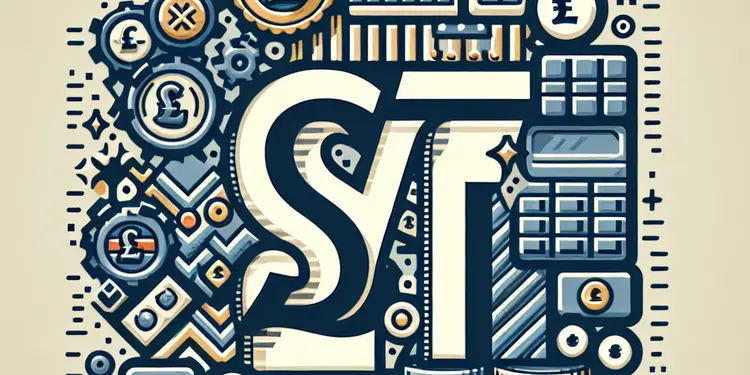
What is the VAT rate that I need to charge?
Relevance: 45%
-
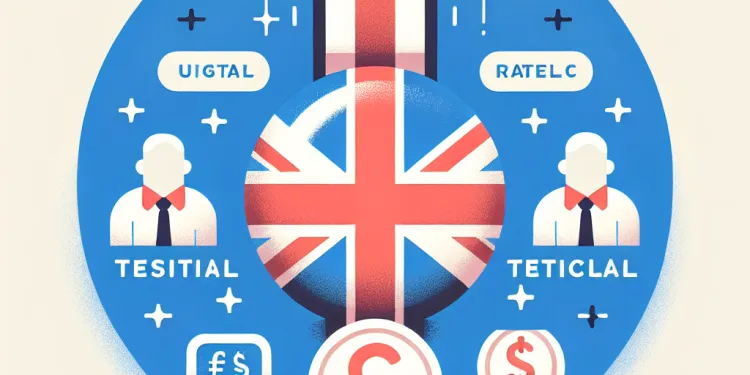
What is the survival rate for testicular cancer?
Relevance: 45%
-

Is there a change in National Insurance rates for 2026?
Relevance: 45%
-

Are there any online communities for older adults interested in hobbies?
Relevance: 43%
-
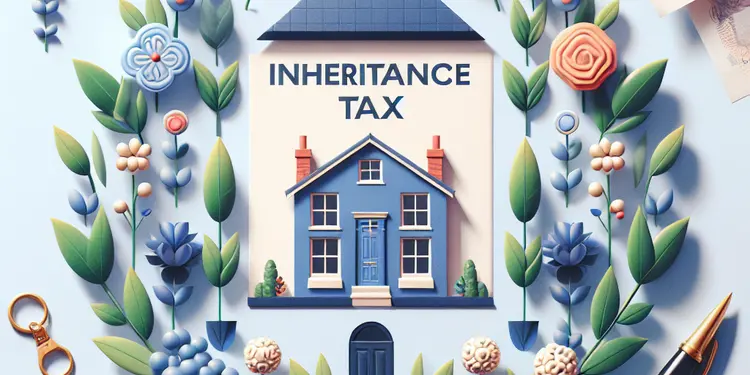
What is the nil rate band in Inheritance Tax?
Relevance: 43%
Understanding Why Interest Rates Rise and Fall
Economic Influences on Interest Rates
Interest rates in the United Kingdom can fluctuate due to various economic factors. A primary influence is the Bank of England's monetary policy. The Bank uses interest rates as a tool to control inflation and stabilize the economy. When inflation is high, the Bank may increase interest rates to discourage borrowing and spending, which can help cool down the economy. Conversely, if the economy is sluggish, the Bank might lower interest rates to encourage borrowing and investment, stimulating economic activity.
Inflation and Consumer Price Index (CPI)
Inflation is a key driver of interest rate changes. The Consumer Price Index (CPI) is a measure used to assess price changes associated with the cost of living. When CPI indicates that inflation is rising above the target rate, interest rates may be raised to curb excessive inflationary pressures. Higher rates make borrowing more expensive, thus reducing consumer spending and slowing inflation. On the other hand, when inflation is low, keeping interest rates low can help spur economic growth.
Global Economic Conditions
Global economic conditions also have a significant impact on UK interest rates. For example, if major economies such as the United States or the European Union experience economic turbulence, it can lead to changes in the UK’s interest rates. Global recessions or booms affect investor confidence and capital flows, influencing the Bank of England’s decisions. Economic stability or instability abroad can lead to adjustments in interest rates to protect the UK economy.
Government Fiscal Policy
The fiscal policy of the UK government, including taxation and government spending, can affect interest rates as well. When the government increases public spending or reduces taxes, it can lead to higher demand in the economy, potentially increasing inflation. To counteract this, the Bank of England might increase interest rates. Alternatively, austerity measures or reduced government spending can lead to lower interest rates to encourage economic growth.
Financial Markets and Investor Sentiment
Interest rates are also influenced by financial markets and investor sentiment. Expectations of future economic performance influence bond yields and currency values, which in turn affect interest rates. If investors expect strong growth, they may demand higher interest rates on bonds, pushing general interest rates up. Conversely, pessimism or a flight to safety during uncertain times may lead to lower interest rates as investors seek stable returns over riskier assets.
Why Do Interest Rates Go Up and Down?
Things That Affect Interest Rates
Interest rates in the UK change because of different factors. One big reason is the Bank of England's decisions. The Bank of England uses interest rates to help control how fast prices go up and to keep the economy stable. If prices are going up too fast (this is called inflation), the Bank might make interest rates higher. This makes people borrow less and spend less money, which helps slow things down. But, if the economy is slow and not doing well, the Bank might make interest rates lower. This encourages people to borrow and spend more, which helps the economy pick up.
Inflation and Prices
Inflation affects how interest rates change. One way we measure inflation is with something called the Consumer Price Index (CPI). This tells us how much prices change for things people buy. If the CPI shows that prices are going up too fast, the Bank of England might increase interest rates to make borrowing cost more. This helps slow down how fast prices rise, because people spend less. When inflation is low, the Bank might keep interest rates low to help the economy grow.
World Events and Their Effects
What happens in other countries can also change interest rates in the UK. If big economies like the USA or the European Union have problems, it can affect UK interest rates. When other countries have booms or recessions, it changes how investors feel and how money moves around. The Bank of England might change interest rates to keep the UK economy safe from these changes.
Government Spending and Taxes
What the UK government does with its spending and taxes can change interest rates too. If the government spends a lot of money or cuts taxes, it might make prices go up. To control this, the Bank of England might raise interest rates. But if the government spends less money, the Bank might lower interest rates to help the economy grow.
Financial Markets and What Investors Think
Interest rates are also affected by financial markets and how hopeful or worried investors are. If investors think the economy will do well, they might want higher interest rates on bonds, which pushes interest rates up. If investors are worried or want to be safe, they might accept lower interest rates to avoid risk, bringing down overall interest rates.
If you find it hard to understand, you can ask someone to explain it in a different way. You can also use pictures or videos to help make sense of these ideas.
Frequently Asked Questions
What causes interest rates to rise?
Interest rates rise primarily due to inflation concerns. When the economy is growing too quickly, the Bank of England may raise interest rates to cool down spending and borrowing.
Why do interest rates fall?
Interest rates fall to stimulate economic activity during periods of slow growth or recession. Lower rates make borrowing cheaper, encouraging businesses and consumers to spend and invest.
How does the Bank of England influence interest rates?
The Bank of England influences interest rates through its monetary policy, primarily by setting the Bank Rate which affects the rates offered by commercial banks.
What is the Bank Rate?
The Bank Rate is the interest rate at which the Bank of England lends to commercial banks. This rate indirectly influences the lending and savings rates set by commercial banks.
Do global economic conditions affect UK interest rates?
Yes, global economic conditions can impact UK interest rates. Factors such as international trade, foreign investment, and currency exchange rates can influence the Bank of England's decisions.
How does inflation impact interest rates?
Inflation and interest rates are closely linked. If inflation is high, the Bank of England might increase interest rates to reduce spending and bring inflation down.
What role do expectations play in setting interest rates?
Market expectations about future economic conditions and inflation influence interest rate decisions, as the Bank of England aims to anchor inflation expectations.
How do interest rate changes impact savers?
When interest rates rise, savers might receive better returns on savings accounts. Conversely, lower rates may reduce the interest earned.
How do interest rate changes affect borrowers?
Higher interest rates increase the cost of borrowing, affecting mortgage repayments and loan interest. Lower rates make borrowing cheaper.
Why might interest rates remain unchanged?
Interest rates may remain unchanged if economic conditions are stable, and inflation targets are being met without adjustments.
What is the impact of interest rates on the housing market?
Interest rates heavily influence the housing market. Low rates tend to make mortgages cheaper, boosting demand for property.
Can fiscal policy impact interest rates?
Yes, fiscal policy (government spending and taxation) can affect the economy and influence interest rate decisions by impacting economic growth and inflation.
What is quantitative easing and how does it relate to interest rates?
Quantitative easing is a monetary policy tool where the central bank purchases government securities, which can lower long-term interest rates.
How often does the Bank of England review interest rates?
The Bank of England's Monetary Policy Committee typically meets monthly to review and set interest rates based on current economic data.
What are the long-term impacts of keeping interest rates low?
Prolonged low interest rates can encourage over-borrowing, create asset bubbles, and reduce the effectiveness of monetary policy in stimulating the economy during future downturns.
Why do interest rates go up?
Interest rates can go up for a few reasons:
- Money from the government: Sometimes, the government decides to change the rates to help the economy.
- Prices going up: When the prices of things go up, interest rates might go up too.
- People spending money: If lots of people are buying things, rates might rise to slow down the spending.
Helpful tips:
- Use a calculator to help understand numbers.
- Ask someone to explain if you find it tricky.
- Watch videos that explain money and interest rates.
Interest rates go up when prices are rising too fast. If people are buying too much and too quickly, the Bank of England makes borrowing money more expensive. This helps people spend less and slow things down.
Why do interest rates go down?
Interest rates can go down for a few reasons:
- Sometimes, the government wants to help people borrow money more easily. They lower the interest rates so loans cost less.
- Banks might lower rates if they want more people to take loans or use credit cards.
- If the economy is not doing well, low interest rates can help businesses and people spend more money.
To understand better, you can use tools like simple picture charts or talk with someone who can explain it step by step.
When the economy is not doing well, interest rates go down. This helps the economy get better. When interest rates are low, it is cheaper to borrow money. This makes it easier for people and businesses to spend and buy things.
Here are some tips to help you understand better:
- Use pictures or drawings to help explain ideas.
- Ask someone else to read with you.
- Read out loud to hear the words clearly.
- Break the text into smaller parts if it is too long.
How does the Bank of England change interest rates?
The Bank of England chooses what interest rates should be. An interest rate is like extra money you pay when you borrow money from the bank, or extra money you earn when you save money in the bank.
The Bank of England meets to talk about interest rates and can decide to make them higher or lower. They do this to keep the economy healthy. A healthy economy means prices do not go up too fast (inflation) and people can find jobs easily.
If they want people to save more, they might make interest rates higher. If they want people to spend and borrow more, they might make interest rates lower.
To help understand this better, you can ask a friend or family member to explain it in their own words. You can also watch simple videos online about the Bank of England and interest rates. Drawing a picture to show how interest rates work can help too.
The Bank of England is a big, important bank. It decides how much other banks can charge people to borrow money. It does this by setting a special number called the Bank Rate. When it changes the Bank Rate, it also changes how much money costs at other banks.
If you find reading hard, you can try using tools like text-to-speech, which reads the words out loud for you. It can also help to break big words into smaller parts to understand them better.
What is the Bank Rate?
The Bank Rate is the rate of interest the central bank charges to lend money to commercial banks. Understand how this affects loans, savings, and the economy. Discover tools to help you learn more, like simple apps or talking to a helper.
The Bank Rate is the amount of extra money that the Bank of England charges when it lends money to big banks. This rate helps decide how much you have to pay when you borrow money from your bank or how much you earn when you save money with your bank.
Here are some tools and techniques that might help:
- Use a dictionary to look up words you don't know.
- Ask someone to read with you and explain things.
- Try reading one sentence at a time and think about what it means.
Do world money problems change UK interest rates?
Do problems with money around the world change how interest rates work in the UK?
Interest rates are what you pay extra when you borrow money. They can go up or down for different reasons.
If there are money problems in other countries, it might change interest rates in the UK too.
Some things that might help you understand better:
- Use pictures or drawings of money and arrows going up and down.
- Try using simple words to explain money and interest.
Yes, what happens in the world can change interest rates in the UK. Things like buying and selling with other countries, money from other countries, and how the UK money is traded can affect decisions by the Bank of England.
What happens to interest rates when prices go up?
Inflation and interest rates are connected. When prices go up a lot (this is called inflation), the Bank of England might make interest rates higher. This can help people spend less money, which can bring prices down.
How do expectations affect interest rates?
What people think about the economy and rising prices affects interest rate choices. The Bank of England wants to keep future prices steady.
What happens to your savings when interest rates change?
Interest rates are the extra money banks give you to keep your money with them.
When interest rates go up, it's like getting more pocket money. Your savings can grow more because the bank gives you more money.
If interest rates go down, it's like getting less pocket money. Your savings don't grow as much because the bank gives you less money.
Here's a tip: Talk to someone at your bank. They can explain how interest rates work.
When banks pay more interest, you get more money from your savings. But if banks pay less interest, you get less money.
What happens to people who borrow money when interest rates change?
Interest rates are like extra money you have to pay back when you borrow. If interest rates go up, you pay more. If they go down, you pay less.
Here is an easy way to understand:
- When interest rates go up: You pay more money back to the bank.
- When interest rates go down: You pay less money back to the bank.
To help you understand better, you can:
- Use a calculator to see how much money you need to pay.
- Ask someone to help explain it to you.
When interest rates are high, it costs more money to borrow. This can make paying back things like home loans or other loans more expensive. When interest rates are low, borrowing money is cheaper.
Why might interest rates stay the same?
If money things are calm and prices aren't going up too much, interest rates might stay the same.
How do interest rates affect the housing market?
Interest rates are like the cost of borrowing money from a bank. When interest rates go up, it costs more to borrow money to buy a house. This can make houses harder to buy. When interest rates go down, it is cheaper to borrow money. This can make it easier to buy houses.
Tools to help understand:
- Use a calculator to see how much money you need to pay with different interest rates.
- Ask an adult to explain how interest rates work.
Interest rates are important for buying houses. When rates are low, it costs less to borrow money. This makes more people want to buy houses.
If you need help reading, you can:
- Ask someone to read with you.
- Use a tool that reads text out loud.
- Look up words you don't know.
Can government spending change interest rates?
Yes, the government's money choices, like how they spend money and collect taxes, can change how the country's money grows and how prices go up. This can also change how interest rates are set.
What is quantitative easing and how does it relate to interest rates?
What is quantitative easing? Let's break it down:
Quantitative easing is when a big bank, like a country’s central bank, tries to help the economy by putting more money into it.
How do they do this? The bank buys financial things like government bonds.
More money in the economy can help people and businesses spend more.
What about interest rates?
Interest rates are like the extra money you pay when you borrow money, or the extra money you earn when you save money.
When the central bank uses quantitative easing, it can help to keep interest rates low.
Low interest rates make it cheaper to borrow money and can help people spend more.
Ways to understand better:
- Use simple words when reading about money topics.
- Ask someone to explain things if they seem tricky.
- Look at videos or pictures that show how these ideas work.
Quantitative easing is a way for the central bank to help the economy. The central bank buys bonds from the government. This can make long-term interest rates go down.
How often does the Bank of England check interest rates?
The Bank of England looks at interest rates about every month. They check to see if they need to change them.
Here’s a tip to help understand better:
- Use pictures or charts to show when the checks happen.
- Try using a calendar to mark the days they check the rates.
These tools can help make it easier to remember.
The Bank of England has a special group. They meet every month. They decide if interest rates should go up or down. They look at how the economy is doing to make their choice.
If you want help understanding this, you can use read-aloud tools. They can read the text to you out loud.
What happens if interest rates stay low for a long time?
Here is a simpler way to understand this question.
Interest rates are like the cost of borrowing money from a bank.
If interest rates stay low for a long time, it might have some effects:
- People might borrow more money because it costs less. This can help them buy homes or start businesses.
- Banks and investors might earn less money from savings because the interest paid is lower.
- Prices of things might go up because more people can spend money.
Tools like graphic organizers or visual charts can help you understand better.
Try talking with someone or looking for videos if you want to learn more!
When interest rates stay low for a long time, people might borrow too much money. It can also make the prices of things like houses and stocks go too high. This makes it harder for money rules to help the economy when things get bad in the future.
To understand better, you can use pictures or watch videos. Asking someone to explain it can also help.
Useful Links
This website offers general information and is not a substitute for professional advice.
Always seek guidance from qualified professionals.
If you have any medical concerns or need urgent help, contact a healthcare professional or emergency services immediately.
Some of this content was generated with AI assistance. We’ve done our best to keep it accurate, helpful, and human-friendly.
- Ergsy carfully checks the information in the videos we provide here.
- Videos shown by Youtube after a video has completed, have NOT been reviewed by ERGSY.
- To view, click the arrow in centre of video.
- Most of the videos you find here will have subtitles and/or closed captions available.
- You may need to turn these on, and choose your preferred language.
- Go to the video you'd like to watch.
- If closed captions (CC) are available, settings will be visible on the bottom right of the video player.
- To turn on Captions, click settings .
- To turn off Captions, click settings again.
More Items From Ergsy search
-

Why do interest rates rise and fall?
Relevance: 100%
-

Can interest rates on student loans be reduced?
Relevance: 95%
-

How do better interest rates help me save money?
Relevance: 92%
-

What happens to my monthly payments if interest rates rise?
Relevance: 92%
-

How do better interest rates help me save money?
Relevance: 92%
-

How do economic conditions influence interest rate changes?
Relevance: 92%
-

How do interest rate changes affect my mortgage payments?
Relevance: 92%
-

Are first-time buyers affected differently by interest rate changes?
Relevance: 91%
-

Can my lender change my interest rate without notification?
Relevance: 91%
-

How does interest rate affect my car finance agreement?
Relevance: 89%
-

Major Banks Announce Changes in Interest Rates: Are You Affected?
Relevance: 88%
-

Will my fixed-rate mortgage payments change with interest rate fluctuations?
Relevance: 88%
-

How can I protect myself from rising interest rates?
Relevance: 87%
-

What is an SVR and how does it relate to interest rate changes?
Relevance: 83%
-

What is a tracker mortgage and how does it respond to interest rate changes?
Relevance: 83%
-

Is it possible to switch my mortgage type if interest rates become unfavourable?
Relevance: 82%
-

What should I do if I can't afford my mortgage payments due to rising interest rates?
Relevance: 78%
-

Is there any interest charged on a Time to Pay arrangement?
Relevance: 67%
-

What is an 'interest only' mortgage?
Relevance: 64%
-

Will interest accrue during deferment?
Relevance: 64%
-

How often do interest rates change?
Relevance: 60%
-

What does it mean to "Fix My Mortgage Rate"?
Relevance: 60%
-

Registration of Interest Form | UK Adoption Journey
Relevance: 53%
-

How do interest rate changes affect my mortgage balance?
Relevance: 52%
-

If I overpay on my mortgage, how will interest rate changes affect this?
Relevance: 52%
-

What is a realistic rate of return for an investment ISA?
Relevance: 51%
-

Product Transfer Rate Switch vs Remortgage What's Best
Relevance: 51%
-

Are there different rates of Stamp Duty in the UK?
Relevance: 49%
-

What are the success rates of Paillon treatment?
Relevance: 49%
-

Interest Rate Hike: Bank of England's Response to Persisting Inflation
Relevance: 49%
-

Why are vaccination rates declining in the UK?
Relevance: 46%
-

How often do wage rates change in the UK?
Relevance: 45%
-

What is the survival rate for bowel cancer?
Relevance: 45%
-

Is there any international interest in Australia's social media ban?
Relevance: 45%
-

Can I negotiate rates with energy suppliers?
Relevance: 45%
-

What is the VAT rate that I need to charge?
Relevance: 45%
-

What is the survival rate for testicular cancer?
Relevance: 45%
-

Is there a change in National Insurance rates for 2026?
Relevance: 45%
-

Are there any online communities for older adults interested in hobbies?
Relevance: 43%
-

What is the nil rate band in Inheritance Tax?
Relevance: 43%


